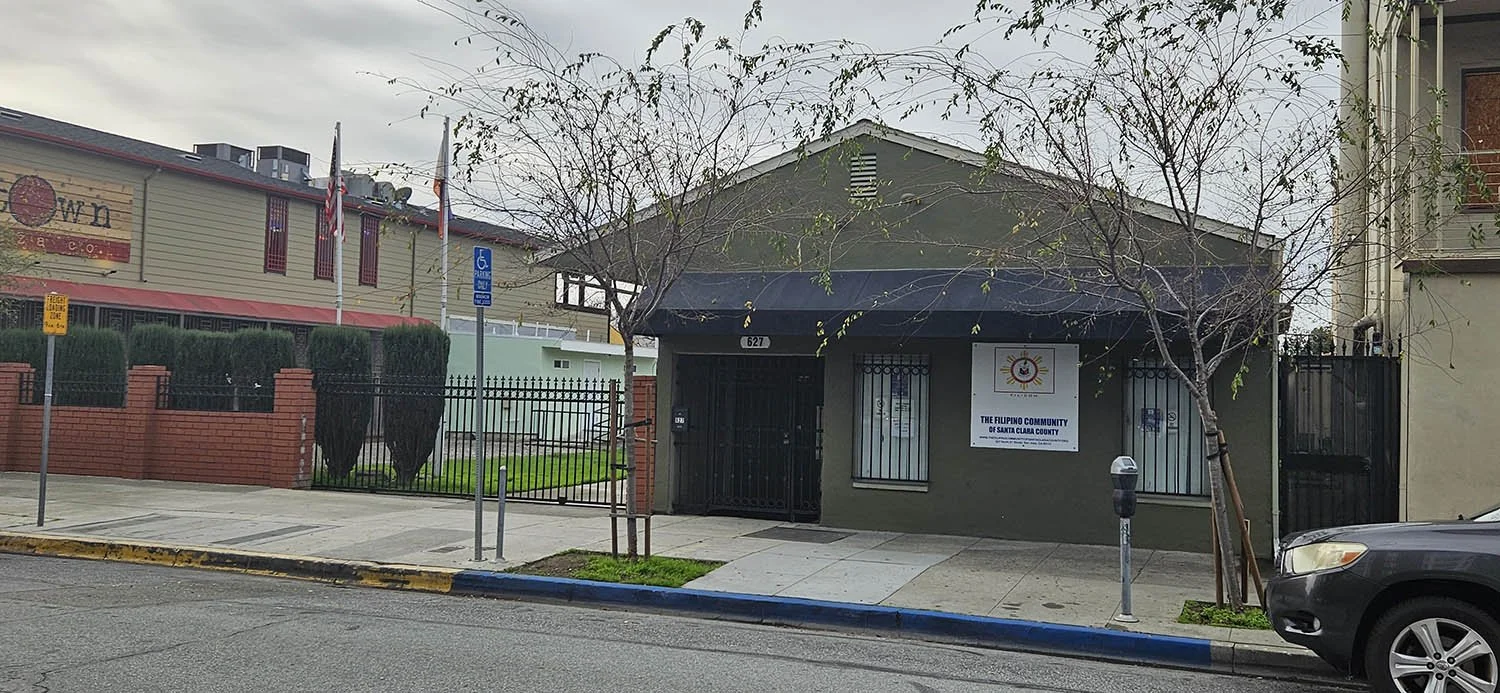In Our Hearts
/If Carlos Sampayan Bulosan were alive today, how would he write about Filipinos in America now?
The best-known Filipino American writer of his generation, Bulosan was a manong who came to United States from his native Pangasinan to work the fields of the US West Coast and in the canneries of Alaska, just like the large majority of his kababayans (compatriots) in the early- to mid-1900s. And just like all of them, he experienced first-hand the ugly face of racism that targeted non-whites in general and the Filipino laborers in particular. The frustrations and the heartbreaks that gnawed at his soul ironically made Bulosan a writer, a calling that he discovered accidentally.
In a letter to his brother, Macario, (as quoted by Epifanio San Juan, Jr. in his book Balikbayang Sinta: An E. San Juan Reader), Carlos wrote in 1946: "Then it came to me, like a revelation, that I could actually write understandable English. I was seized with happiness. When the long letter was finished, a letter that was actually a story of my life, I jumped to my feet and shouted through my tears: 'They can't silence me any more! I'll tell the world what they have done to me!"
Carlos Bulosan went on to write his now-classic semi-autobiography, America Is In the Heart, which has since become required reading for anyone who wants to understand what it meant to be a Filipino in a country that both welcomed and shunned him. We who came after Bulosan are so much richer in history and in spirit because of his legacy.
In this issue, we honor this great novelist/poet/labor organizer/lover, whose piercing words were actually paeans to the America of his dreams. If he were alive today, would he write about us with as much passion?
"America is also the nameless foreigner, the homeless refugee,
the hungry boy begging for a job and the black body dangling on a tree.
America is the illiterate immigrant who is ashamed that the world
of books and intellectual opportunities is closed to him.
We are all that nameless foreigner, that homeless refugee, that hungry boy,
that illiterate immigrant and that lynched black body. All of us, from the first Adam
to the last Filipino, native born or alien, educated or illiterate
—We are America!"

